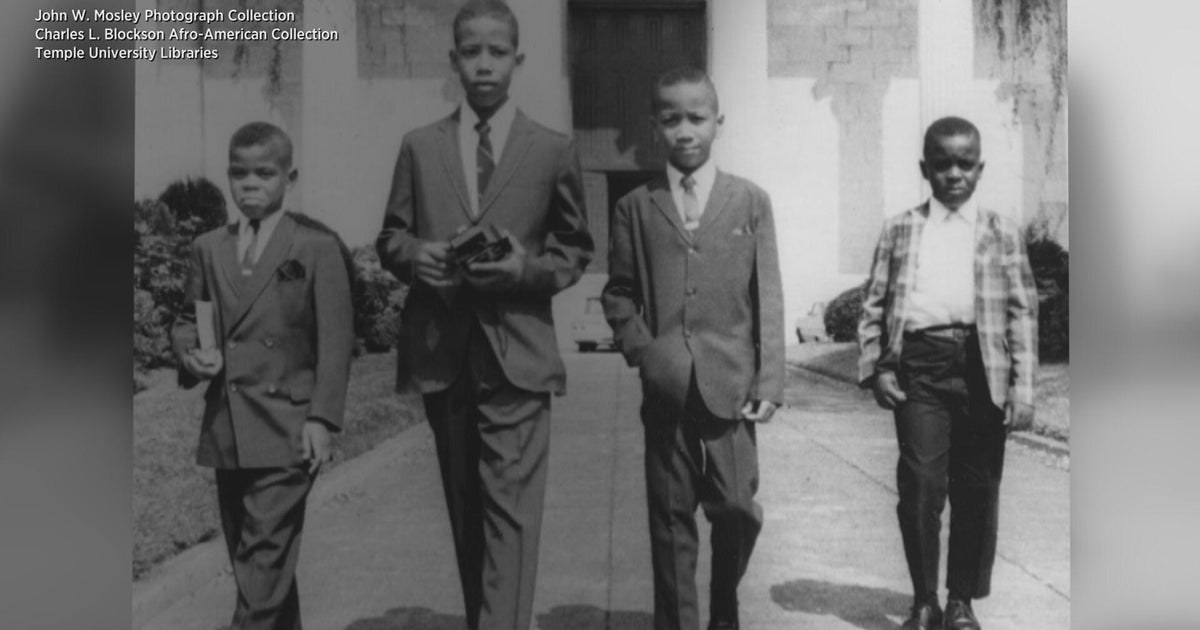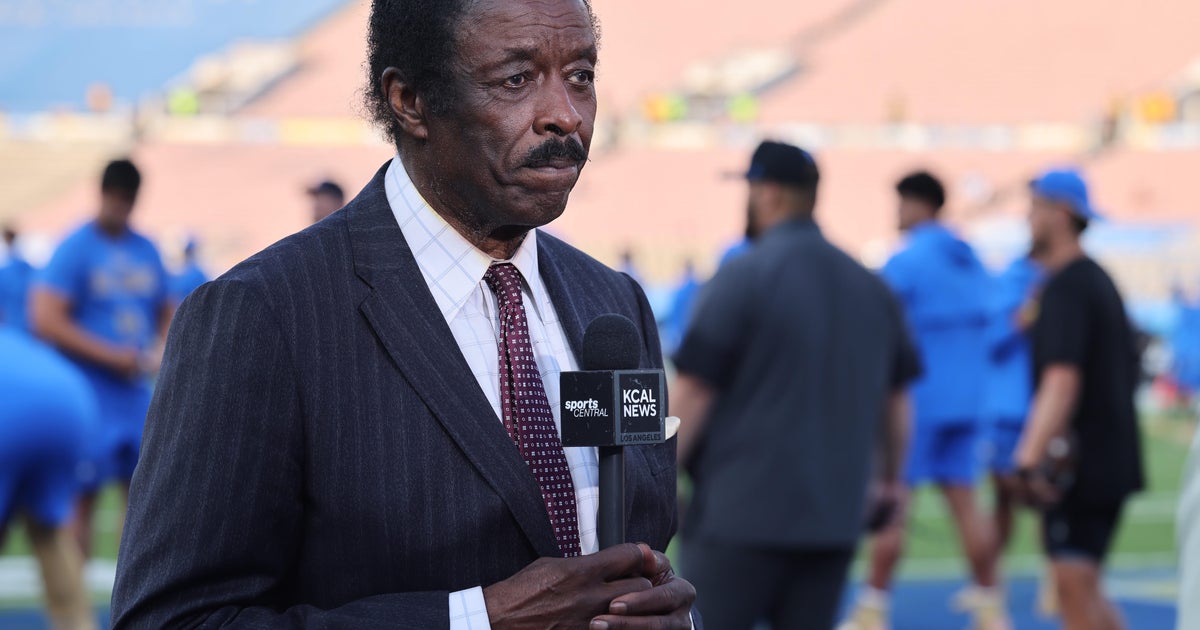Silverman: The College Game Is Preparing Quarterbacks Like Never Before
By Steve Silverman
» More Columns
Giants fans will get to see the phenom known as RGIII live and in person on Sunday at MetLife Stadium.
This rookie quarterback is off to a sensational start with the Redskins, just as Andrew Luck has done very well with the Indianapolis Colts.
RGIII's most memorable moment of the year came on his 76-yard touchdown run to close out the Minnesota Vikings last Sunday. That was a highlight that screams of his spectacular athletic ability, but it's the kind of play that will ultimately get him in trouble.
NFL quarterbacks make it in this league based on their ability to throw the ball accurately. The defensive players are too big, too strong and too athletic for any quarterback to make a living by running hard on a regular basis.
Quarterbacks have to avoid contact and not seek it out. RGIII is using the gifts he has as a young athlete in his physical prime. He will eventually realize that running through the defense is not the way to play if he wants to prolong his career.
Rookie quarterbacks have become brilliant commodities in the NFL. Luck, RGIII, Russell Wilson of Seattle, Ryan Tannehill of Miami and Brandon Weeden of Cleveland are all fulfilling the potential that they showed in the preseason.
The old NFL rule used to be that when quarterbacks were drafted, they would almost always sit on the bench for a season or two before being given a chance to run an NFL offense.
That's a concept that has disappeared over the last five years. Most quarterbacks are now deemed ready shortly after being drafted.
It's not because of superior talent. In the cases of Luck and RGIII, that factor comes into play, and they might have both earned opportunities early in their careers the way a quarterback like Peyton Manning did when he came into the league in 1998 and started 16 games for the Indianapolis Colts.
The reason that college quarterbacks start right away is that they are far more prepared for the NFL game. College football coaches have far more detailed and challenging offenses and game plans than they did a generation ago.
Quarterbacks come into the league able to read defenses, and are proficient in changing plays at the line of scrimmage.
In some cases, college coaches ask as much from their quarterbacks as NFL coaches ask from theirs.
College offenses are intricate and demanding. Conservative play calling is only used when teams are trying to run out the clock. Otherwise, it's attack, attack, attack.
College coaches have taken the wraps off of talented quarterbacks and given them the opportunity to develop. Art Briles was RGIII's head coach at Baylor, and he helped the quarterback understand the game by giving him involved game plans to execute.
Luck's primary mentor was Jim Harbaugh at Stanford. While Harbaugh left for the San Francisco 49ers prior to Luck's senior year, the quarterback was a finished product by that time.
Tannehill was coached by Mike Sherman at Texas A&M, and Sherman is now Tannehill's offensive coordinator with the Dolphins. Prior to coaching with the Aggies, Sherman was the head coach of the Green Bay Packers.
Mike Gundy of Oklahoma State brought Weeden along and got him ready for the pro game, while Bret Bielema did the same for Wilson at Wisconsin.
That's probably the most surprising development. Big Ten football teams don't often play the fast-paced game seen in the SEC and Pac-12, so you might have expected for Wilson to take a little longer to develop. But he has been a quick and opportunistic study for Pete Carroll and the Seahawks.
The college game has come a long way in the last 10-to-15 years, and college quarterbacks are far more ready to play than they were in the past. That trend is almost certain to continue for the foreseeable future.
Do you agree that college football has come a long way in preparing quarterbacks, or is just coincidental that so many rookies are getting a chance to start? Let us know your thoughts in the comments section below...







